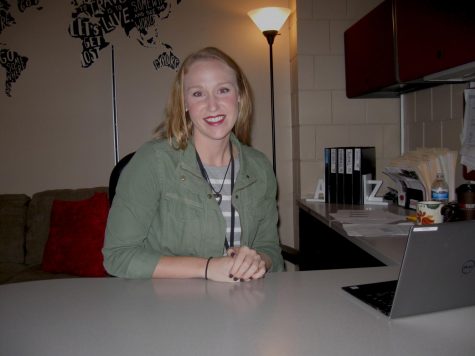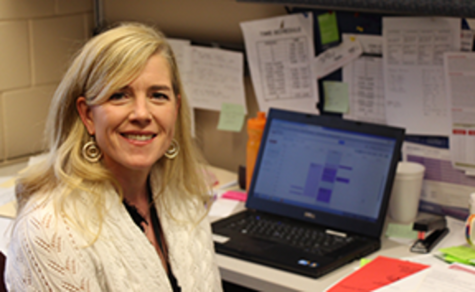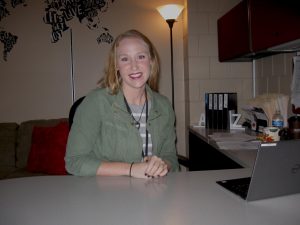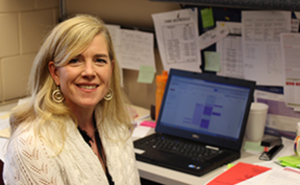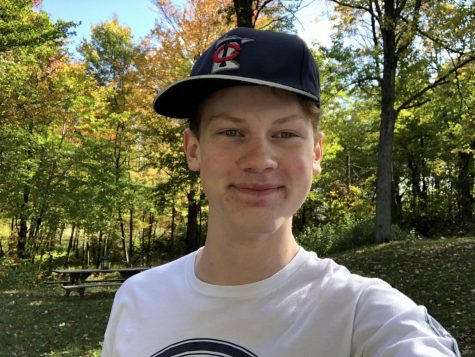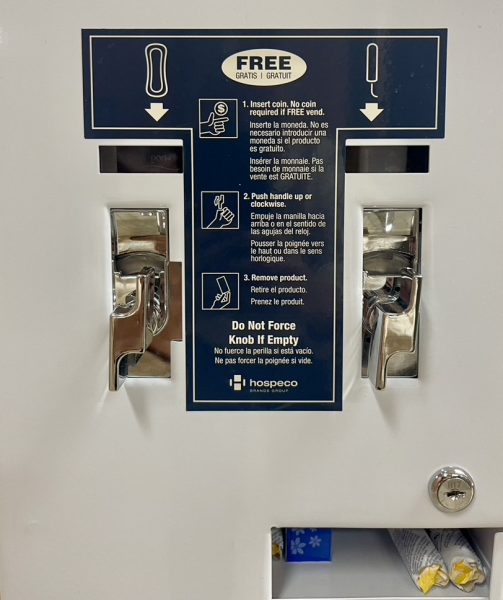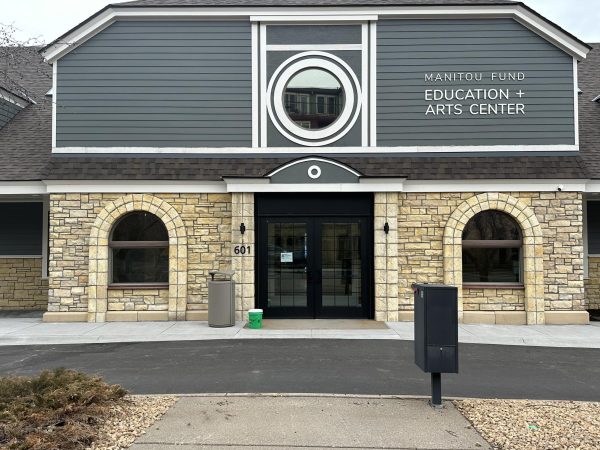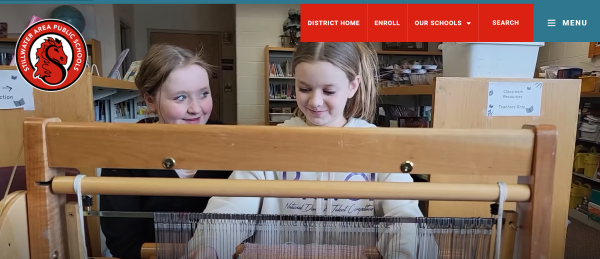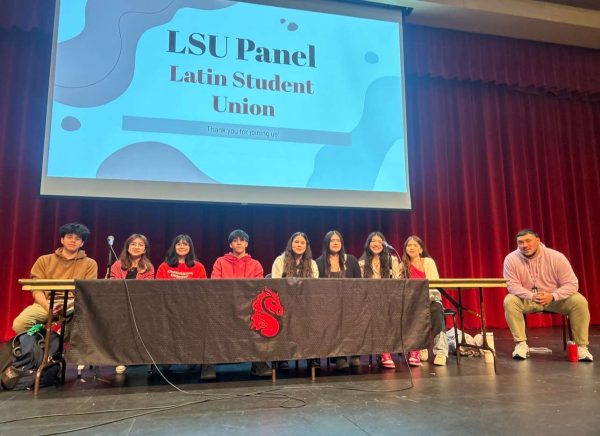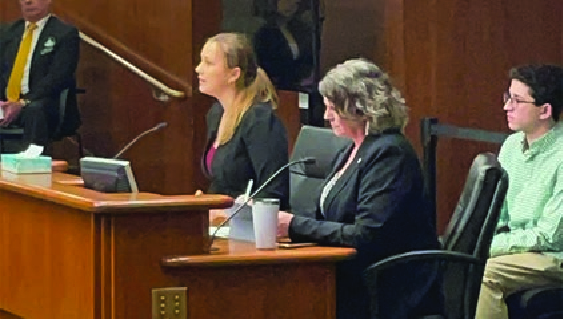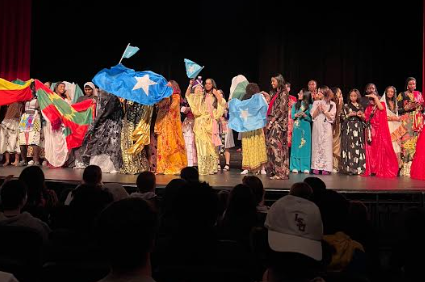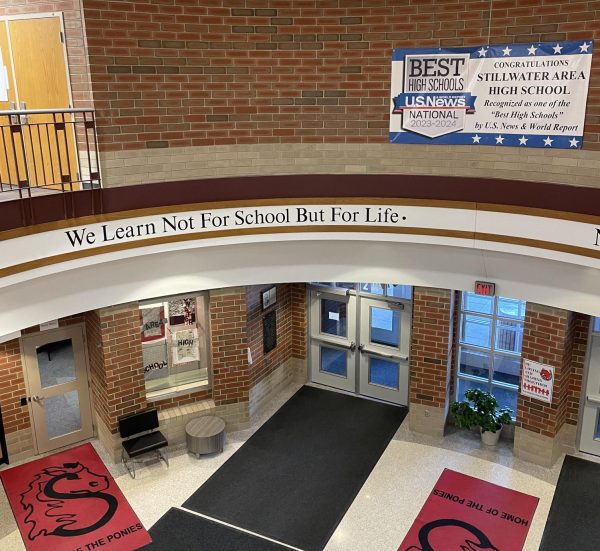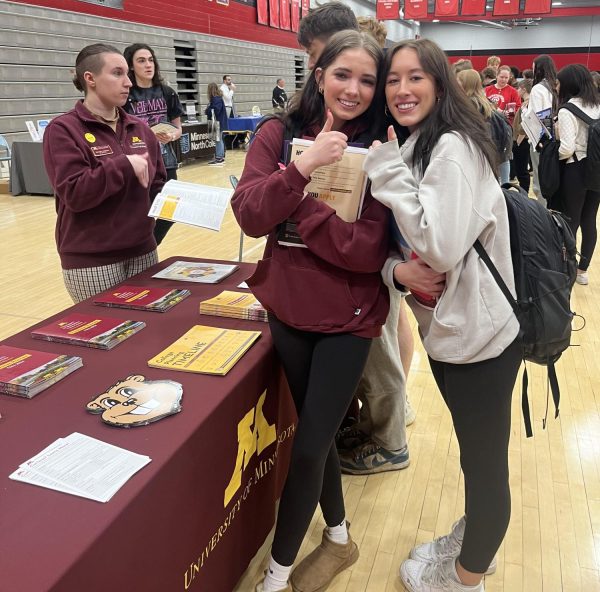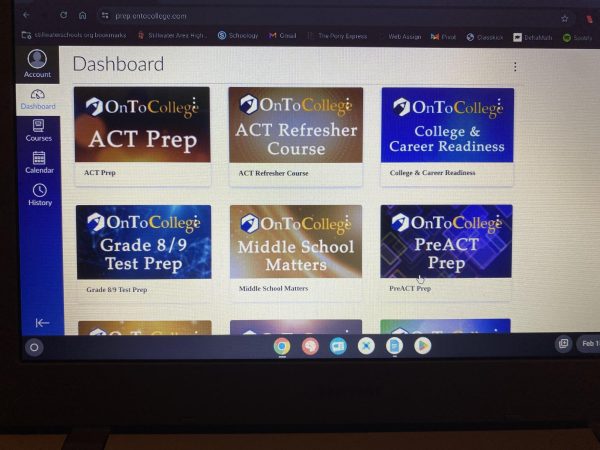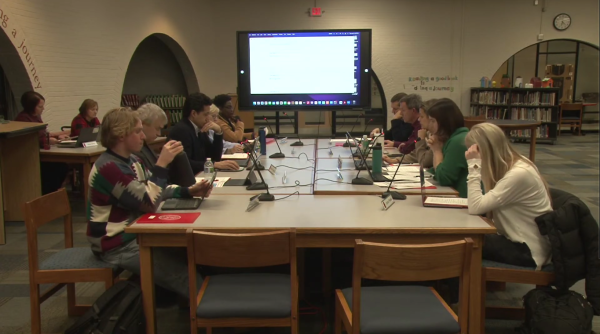Counselors provide services in new ways during pandemic
SAHS has counselors in all pony centers. Here guidance counselors Becky Hopper and Sandy Weaver working in their offices on February 24, 2021.
March 5, 2021
Since their creation in the late 1800s, school counselors have almost exclusively interacted with students during in-person meetings. Now, for the first time in history, counselors are only able to interact with students and community members virtually. This has created a void of real human interaction and has had a negative impact on the quality of counseling.
Sydney Piras, counselor for the White Pony Center, misses the in-person connection she got from having students in her office.
“It’s not just what you’re saying, it’s your tone of voice, your body posture, and your facial expression. Without these, I have to make unnecessary judgment calls,” Piras explained.
For many years, a shift in the content of a typical counseling meeting has changed with the seasons. In the spring, the majority of students reaching out to a counselor are inquiring about standardized testing or changing classes, but as the weather gets colder, more and more students begin reaching out with questions about mental health.
It [counseling] can be really useful for the wide range of things but this year, it’s been more helpful because it’s harder to get access to your teachers. There is office hours but I feel more inclined to go to the counselor just through an email or something like that.
— Soren Gabor
“Also because it’s Minnesota, we typically see some more requests and more interactions around mental health in the winter,” Piras explained.
National School Counseling week took place February first through fifth and was a time for students and community members to celebrate the work counselors do. It may seem like a small gesture to most, but counselors around the country always appreciate it.
“It means a lot to people when you’re recognized for your job. Like we, as a community, appreciate the work that you do,” Piras recalled.
Video conferencing software like Google Meet and Zoom have been utilized more than ever during the pandemic. This new medium has worked well for some, but for new students and counselors, adjusting to this new form of communication has been a challenge.
Piras has had to learn to accept that some things are out of her control during the pandemic. “For example, there are times where I’m having a very deep and challenging conversation with the students and I don’t see their faces at all,” Piras said.
Students have been reaching out to counselors more frequently this year than in the past. One reason for this is the difficulty of creating student-teacher relationships during online class. Since accessing teachers is more difficult during online school, students are now more inclined to send an email to their counselor who they have a relationship with.
“There are office hours, but I feel more inclined to go to the counselor just through an email or something like that,” junior Soren Gabor explained. “Because you don’t have that kind of in-class connection with the teachers, you can’t just ask a quick question in class.”
Education about the role of school counselors is more important now than ever. Counselors provide support for both college planning and emotional well being. Being unbiased, neutral and nonjudgmental are all parts of the job for a school counselor and they will never complain about more people taking advantage of the support they offer.
Whether students are going through something or not, Piras believes it’s often a good thing to talk to someone unbiased. She hopes that counseling never gets taken away and people always have access to the resources they need.



